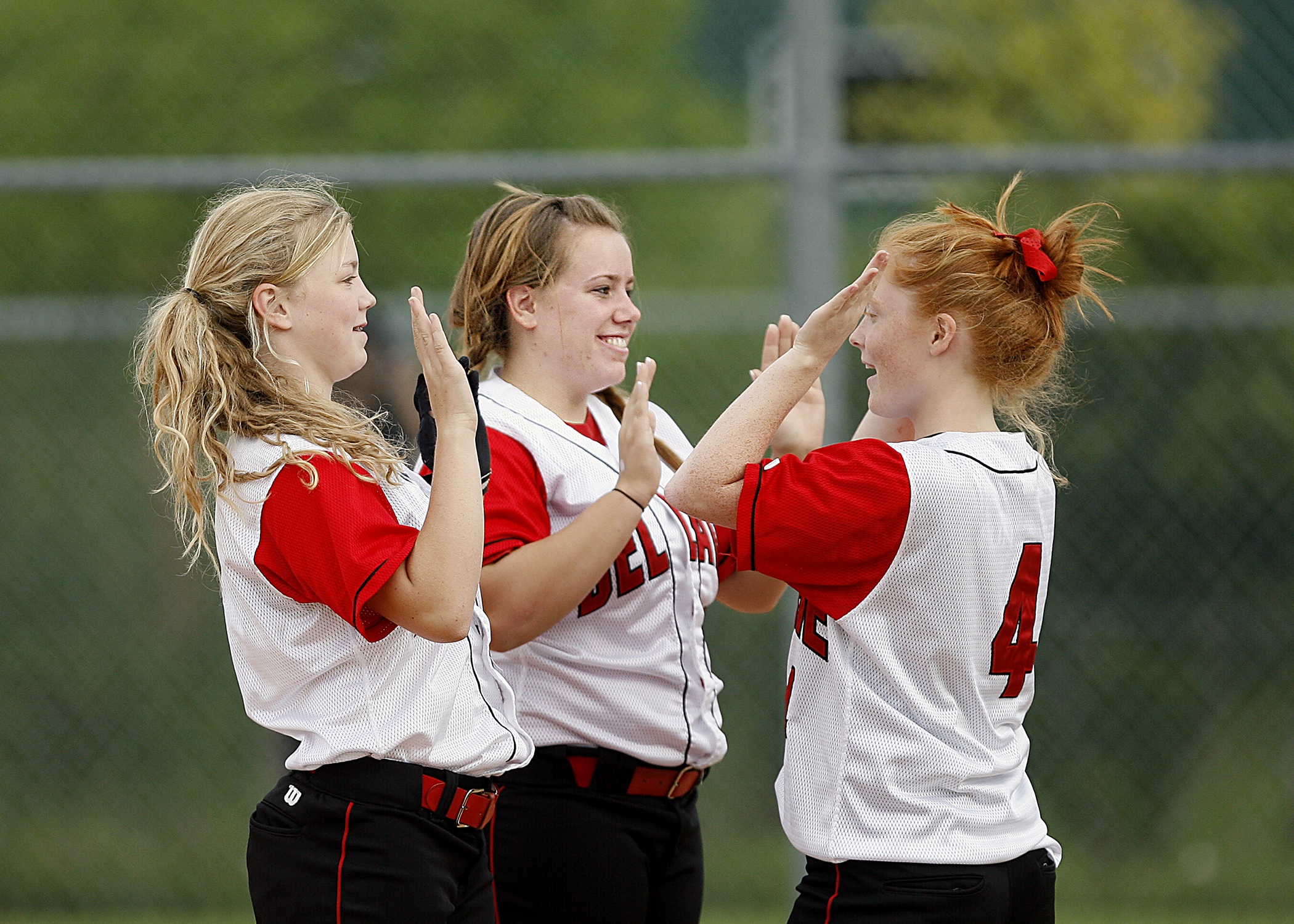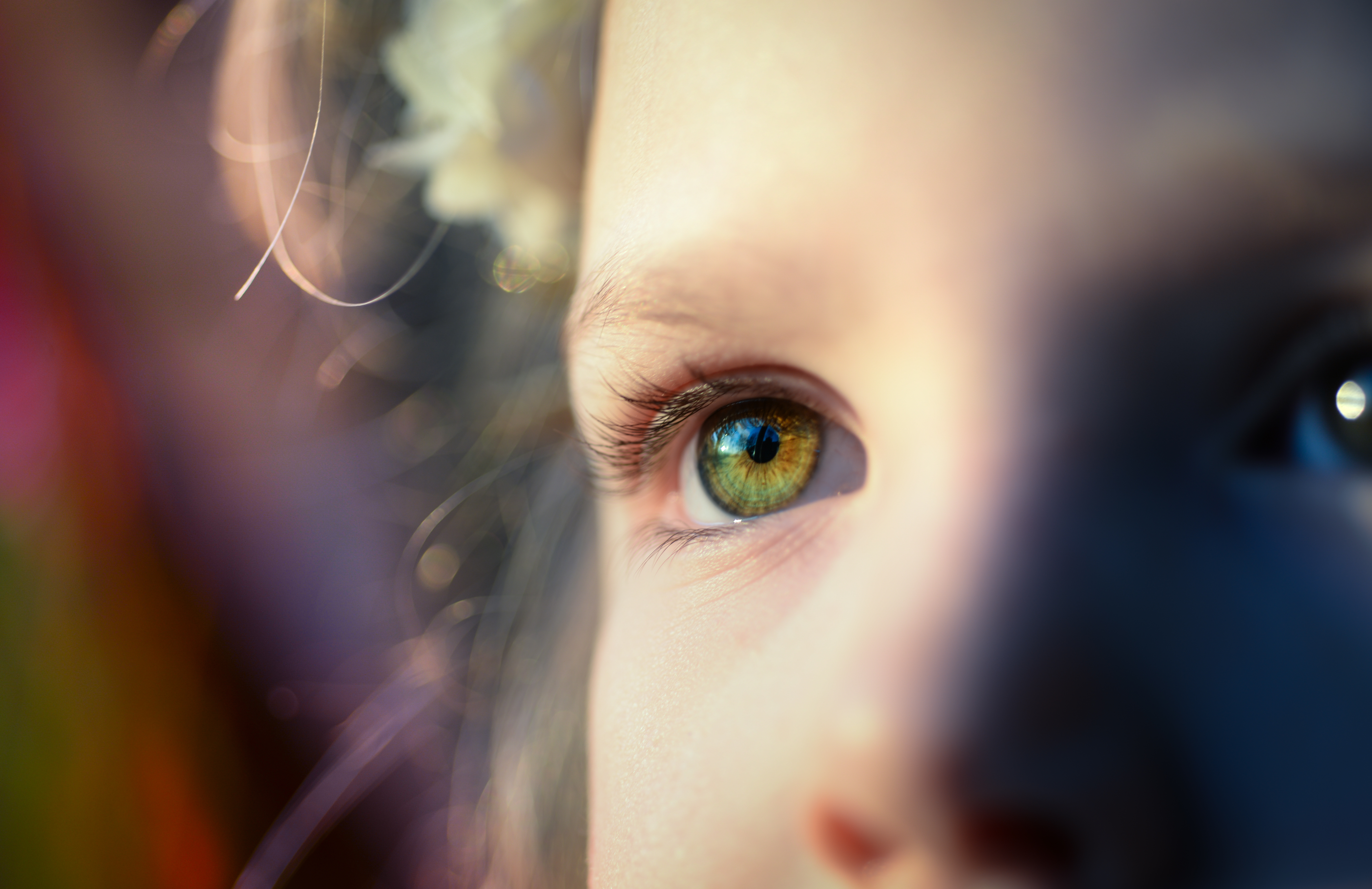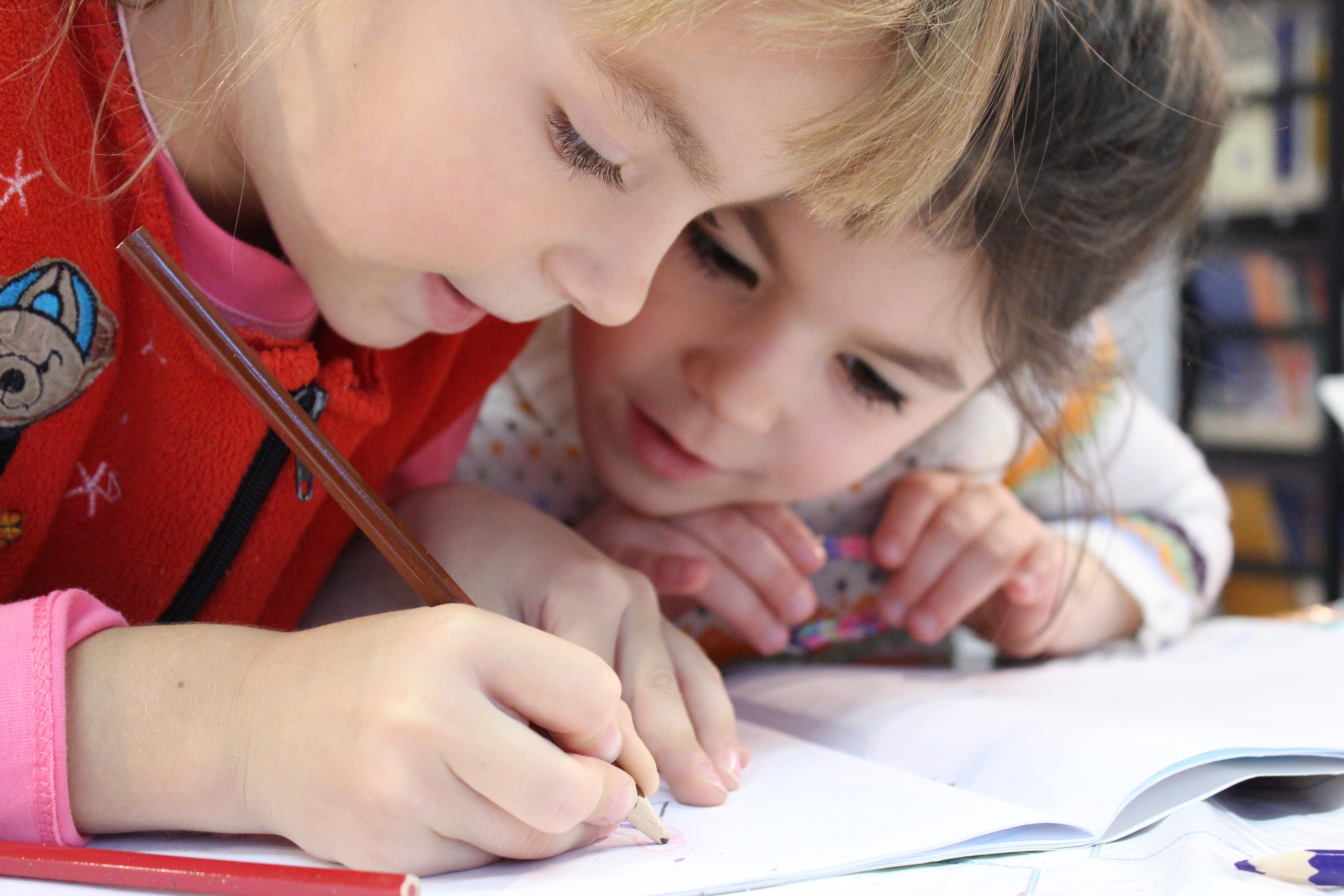Sometimes, we get hung up on GPA; it becomes a number that defines students. In reality, though, there is much more to a student than a simple number or class ranking. When it comes time to apply to colleges, most …
Over time, we have all heard about the virtues of extracurricular activities and, in fact, recent research suggests that participation in extracurricular activities (ECA) may increase students’ sense of engagement and attachment to their school, and thereby decrease the likelihood …
Childhood and adolescence, for all their innocence and happiness, can also be times of emotional struggle. Young people face many challenges, from making and sustaining friends to dealing with the perils of social media to navigating the complexities of family …
We’re all guilty of it: staring at our devices too long into the night, eating poorly, and, perhaps, not being as active as we could. Look, no one says you need to run a 5K every week or eat only …
Put simply, we live in a time of “full plates.” Our plates, both kids’ and adults’, are pretty much full every day. It makes sense, then, that we often feel overwhelmed and somewhat scattered. Below, we’ll explore some simple ways …
It’s time to start thinking about it! For you juniors, college may still seem a ways off, but now that it’s a new year, things are going to start moving fast! This is a perfect time to begin thinking about …
I’ve written in the past about students’ different learning styles and intelligences. The next natural thing to consider is how to teach effectively to the full range of students in your classroom. Flexibility in teaching is an important factor for student …
If you’re a high school or college student, you’re just about at the halfway mark of the school year. First off, congrats—you’re almost there! Secondly, let’s talk about how to keep yourself going for round 2. It’s easy, especially at …
I write often about labels and how tossing them around can be a grave disservice to students. Because it is easy to assign students different “learning disorders” and “processing issues,” we need to be mindful that we know our stuff …
No student is a purely one-dimensional learner. Indeed, every young person has a unique mind. While we often generalize and throw around terms like “auditory learner” or “visual learner,” the truth is that there are more than just two or …










